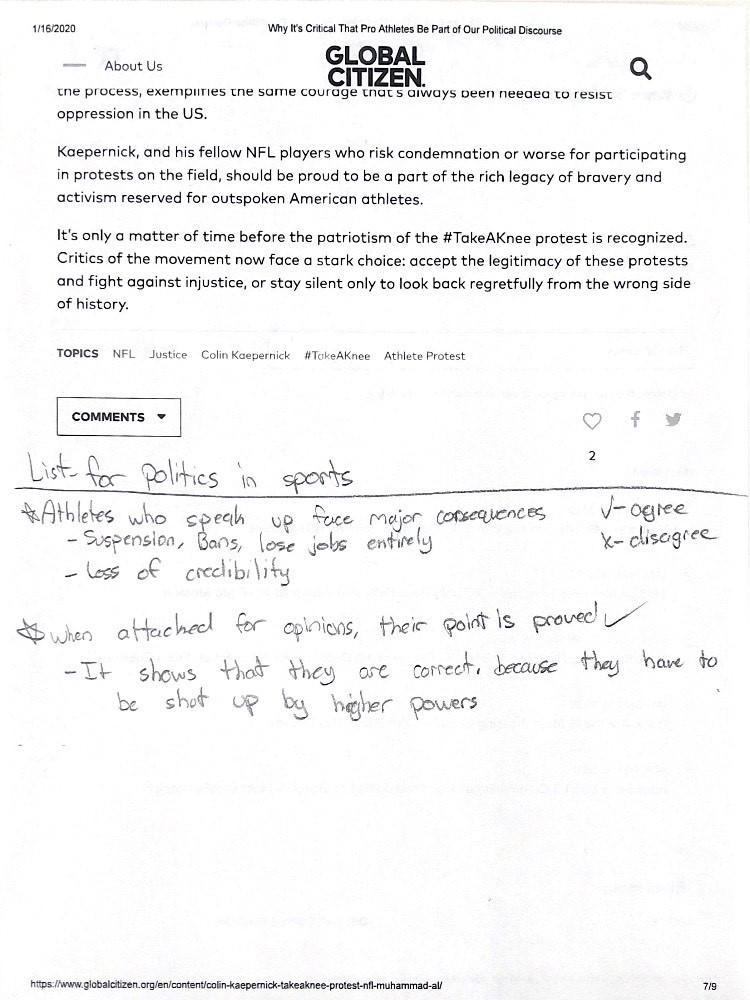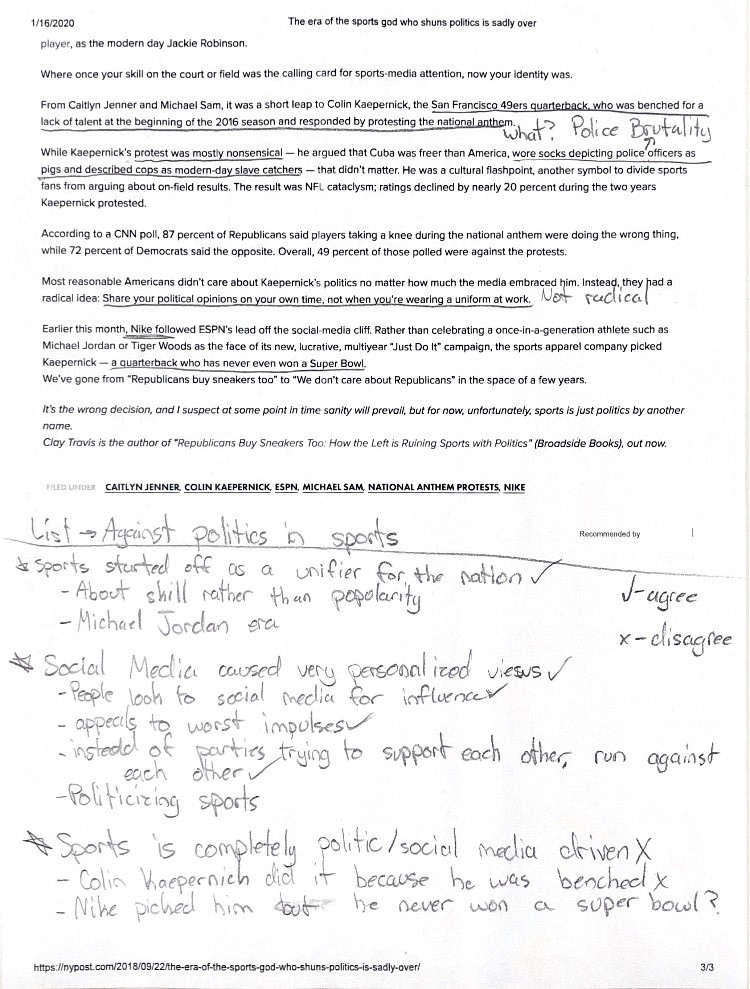Chris Richards is a pop music critic who, in his article, “The Five Hardest Questions in Pop Music,” he talks about controversial topics in popular music today. One of the 5 big questions he asks is whether or not we should listen to a dead artist’s music against their wishes. Now at first this sounds a bit confusing. But what he means by this, and he asks this clearly in his writing about Prince, “Would he have wanted us rifling through the recordings that he had so purposefully locked away in the depths of his Paisley Park studio?” (Richards paragraph 12). He then goes on to talk about how “vaults” are meant to be broken. By this, he states that if it is something so secret and personal to the artist, then they should have explained that in their lifetime. He said that the artist should destroy the recording or leave explicit instructions on what is to happen to those recordings. Richards then goes on about how if the music was to be released, then it would be more knowledgeable to release it in the Library of Congress or the Free music Archive rather than a commercial streaming service.
I strongly disagree with Chris’s points made in this section of the article. I believe that if an artist did attempt to hide something away from the public, that their opinion should be respected and left alone. I see this as equivalent to grave robbing. If someone’s grave doesn’t say, “Don’t rob please I don’t want that,” does that mean it’s fine to dig it up and take what you want? This is exactly what happened to recently passed rapper, XXXTentacion. After his death, his record label ransacked his archives and released a bunch of music, and made a museum to him in a very disrespectful manner. They exploited his death for money, which I believe is wrong on so many levels. It hasn’t just been him either. Record labels are cruel when it comes to getting paid. Now I do understand when Richards says, “…I’d feel much better listening to Prince’s unheard music via the Library of Congress or the Free Music Archive than on a commercial streaming service” (Richards paragraph 14). However, if a vault is to be open, it should be opened at the full consent of the owner.
In another section of this article, Richards asks if artists can still sell out. By this, he means do they still get punished for doing anything for money, or exploiting themselves to get paid. However, he goes about this as if he doesn’t agree with the fact that they are able to star in advertisements to get paid. He mentions that, “…a mere whiff of corporate affiliation can vaporize a musician’s good public standing?” (Richards paragraph 17). He says this because back then, artists would stay away from big advertising brands because it would ruin their reputation and they would be considered sellouts. Now, artists are praised for appearing in commercials and advertisements. He also states that, “Alarms should go off whenever music’s primary function is to sell another product” (Richards paragraph 21). Chris believes that big brands and music should be separate and not have to collaborate to sell a product.
This is another ideology that I disagree with. I believe that if a musician wants to use his name to sell a product, then they can. It’s their decision on how they want to get paid. Music will always show up in advertisements anyways. It’s one way that they can get the attention. And from what I have heard in the past about how record labels treat their artists, I don’t see why anyone shouldn’t be allowed to do other things to get money. What they’re doing isn’t illegal, and if it’s not going to be music artists, then it’ll be athletes, popular actors, etc. And no matter what you say, there is going to be music in these advertisements. No one will pay attention to them if they can’t make something appealing. Also, if they’re going to use someone’s music, why shouldn’t that person be allowed to help advertise? It would only make sense if they were allowed to put their own face with their song, and get paid while doing it. Just because a song appears in a commercial, this does not mean that the songs only purpose is to advertise a product, perhaps it has a catchy beat, or maybe instead of the product using the music to improve sales, the artist used the product to help improve popularity.


